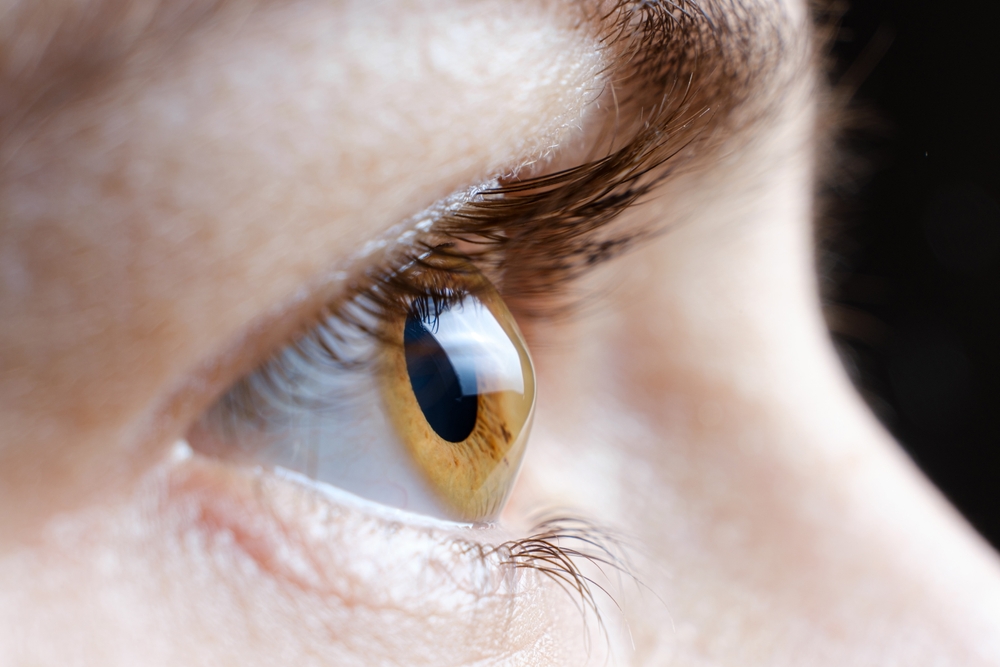
Keratoconus is an eye condition that causes the cornea, the clear, dome-shaped surface of the eye, to gradually thin and bulge outward into a cone-like shape. This irregular shape disrupts the way light enters the eye, leading to distorted vision. While the exact cause of keratoconus isn’t fully understood, it’s believed to be linked to genetics, environmental factors, and certain eye conditions.
Why Regular Eye Exams Are Crucial for Early Detection
Keratoconus often progresses slowly, and in its early stages, the symptoms can be subtle. This makes regular eye exams essential, as your optometrist can detect the signs of keratoconus before they lead to significant vision issues. Early detection allows for timely treatment, which can help slow the progression and maintain your vision quality.
Symptoms of Keratoconus
As keratoconus progresses, the symptoms become more noticeable. Common symptoms include:
• Blurred or distorted vision: One of the earliest signs, caused by the irregular shape of the cornea.
• Increased sensitivity to light: Bright lights or glare can become uncomfortable.
• Frequent changes in vision prescription: If your eyeglass or contact lens prescription changes more frequently than usual, it may be due to keratoconus.
• Difficulty seeing at night: Driving or seeing in low-light conditions can become more challenging.
• Double vision in one eye: This can happen even without looking through glasses or contact lenses.
• Halos around lights: You may notice rings or halos around bright lights, especially at night.
Treatment Options for Keratoconus
For individuals diagnosed with keratoconus, there are several non-surgical treatment options that can effectively manage the condition, especially when detected early. The choice of treatment depends on the severity of the keratoconus and how much the cornea has thinned or distorted.
One of the most common and effective treatments for keratoconus is the use of custom contact lenses. Standard soft lenses may not provide enough support for the irregular corneal shape, but rigid gas-permeable (RGP) lenses and scleral lenses can offer significant improvement. RGP lenses are small, hard lenses that rest on the cornea, providing a smooth surface for light to enter the eye, which helps correct distorted vision.
Scleral lenses are larger and rest on the sclera rather than the cornea. These lenses vault over the cornea, providing a comfortable fit while improving vision clarity. Both types of lenses are tailored to the patient’s eye shape, offering a stable and clear visual experience.
Schedule Your Comprehensive Eye Exam with Eyediology Vision Care Today
Keratoconus is a serious condition that can significantly affect your vision if left untreated. Regular eye exams are critical for early detection, and timely intervention can slow its progression.
If you’re experiencing symptoms of keratoconus, schedule a consultation with Eyediology Vision Care for a comprehensive evaluation. Visit our office in Las Vegas, Nevada, or call (702) 912-4254 to book an appointment today.




